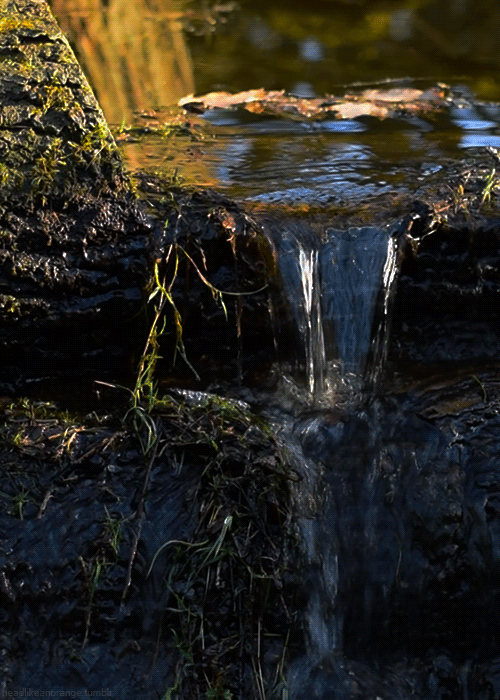Dedicating illusion like merit

There is no merit at all
No greater virtue

It is said that there is no greater evil than hatred and no greater virtue than patience. While a single moment of anger destroys countless aeons of merits and leads to unmitigated suffering in the hell realms, patience towards those who harm you and the sincere wish to bring them happiness will bring you swiftly onto the path taken by all the Buddhas.
There is no better way to deal with enemies than to feel great love for them, realizing that in former lives they have been your loving parents. There is no better way to nurture your family and look after others than to practice the Dharma and dedicate to all beings the merit you thereby obtain. There is no better or more bountiful harvest than the one you sow in the soil of your faith and endeavor so that it ripens into the richness of merit and wisdom.
– Dilgo Khyentse Rinpoche
from the book “The Heart Treasure of the Enlightened Ones”
With thanks to Just Dharma Quotes
By offering no more than a single flower petal to the Buddha we accumulate merit

By offering no more than a single flower petal to the Buddha we accumulate merit, and if that merit is then dedicated to the ultimate happiness of all sentient beings, it is multiplied billions of times over. If we then apply the wisdom of emptiness by considering the flower (the offering), the Buddha (the one to whom the offering is made), and ourselves (the one making the offering) to be nothing more than illusions, not only do we accumulate an enormous amount of merit, but also tremendous wisdom. And this is how offering a single flower petal can lead us to wisdom.
~ Dzongsar Khyentse Rinpoche –
Cultivating trust in simplicity

The quintessential teaching of the Buddha — the nature of mind — is difficult to understand, not because it is complicated but because of its unbearably naked quality. One common method for deciphering the truth is through commentaries, analysis, arguments, and research. But the more we try to decipher this simplicity through academic studies and intellectual analysis, the more we get sidetracked, deterred, or worse, we end up constructing very convincing concepts that we mistake for the simplicity itself. Therefore, one must work hard to accumulate merit. Accumulating merit is the one and only way to cultivate trust in simplicity. But many of us have to first convince ourselves that accumulation of merit works.
– Dzongsar Khyentse Rinpoche





Recent Comments